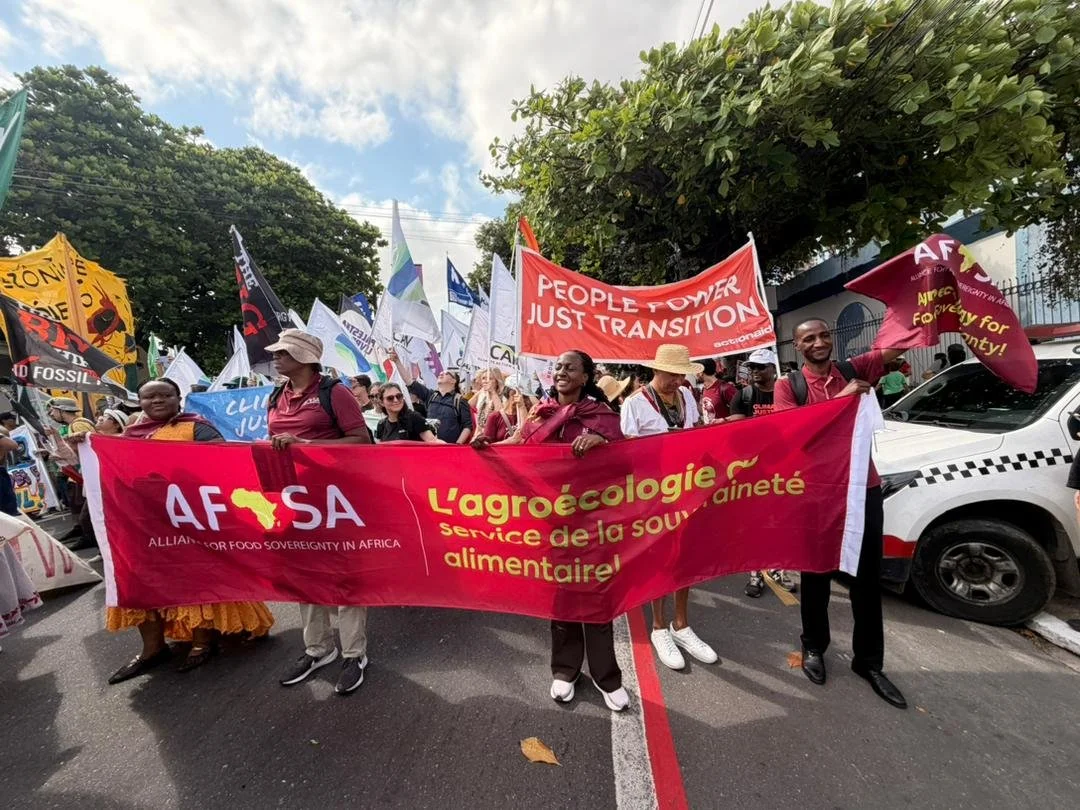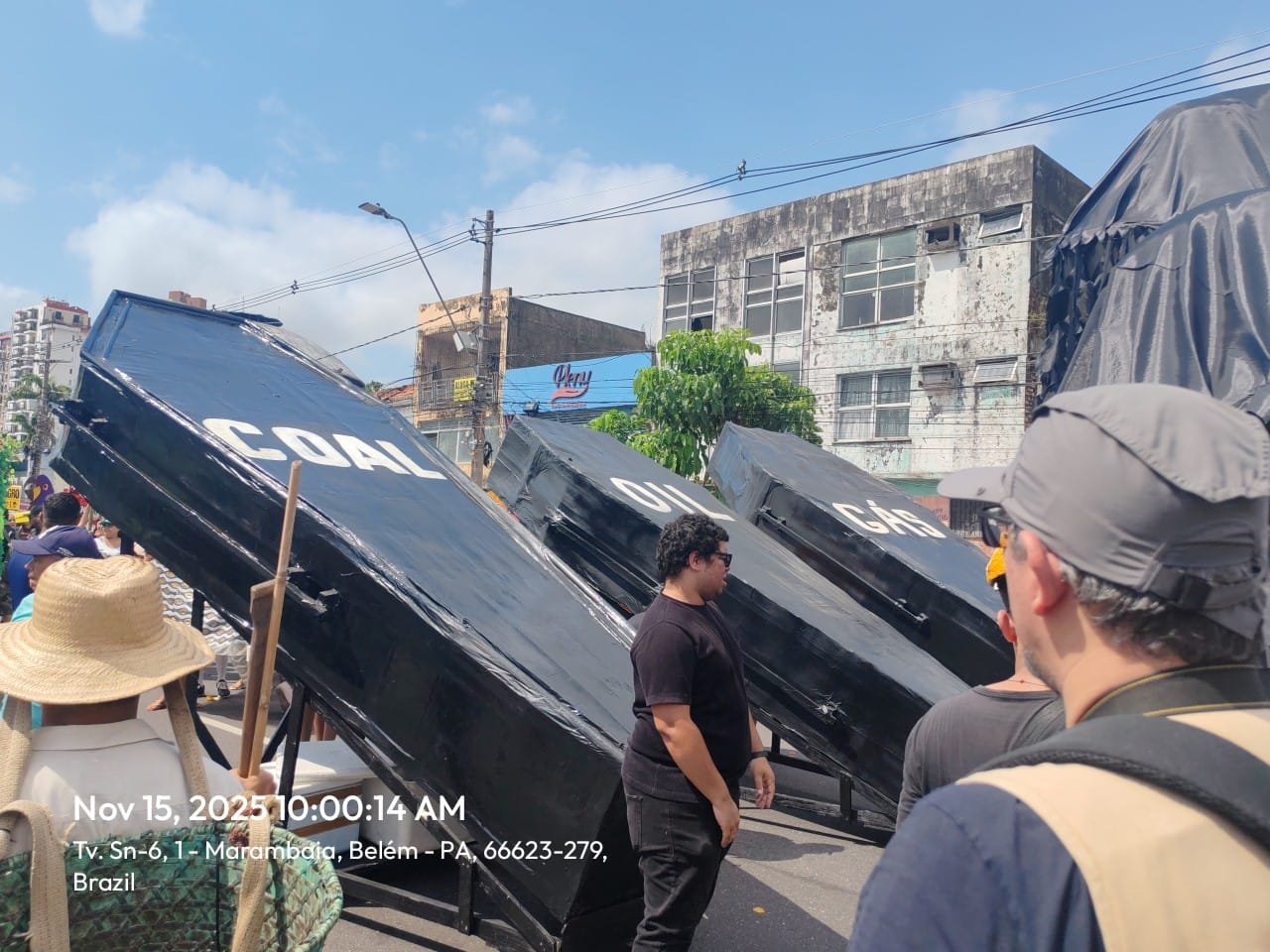From Belém to East Africa: Climate Change Is the Receipt, Not the Crisis
Week one of COP30 closed with something we haven't witnessed since COP26 in Glasgow, UK, nearly four years ago: a protest march outside the COP summit. This felt quite liberating after the restrictions observed at the last three COPs (COP27 in Egypt, COP28 in the UAE, and COP29 in Azerbaijan), where host countries repressed civil society demonstrations.
Before this march, the indigenous people rocked the ongoing COP events of the week with protests reminding the world that these discussions cannot continue without them because they have a direct impact on their land, rivers, and future. This is what we consider the heartbeat of these COPs: the fight for land, dignity, and a livable future.
In essence, what they were demonstrating was that while world leaders attend these COP meetings to discuss language and framing about an impending crisis, people living on the frontlines are already experiencing the crisis and paying dearly for it, despite contributing the least to creating the crisis. It also underscores the need to rethink the world economic system built on fossil fuels, which remains blind to the dangers of a system obsessed with fossil fuel expansion.
The multitude of people who thronged the streets of Belém, including environmental defenders, youth movements, trade unions, and frontline communities from across the globe, was a sight to behold, especially after such a long hiatus. Many of our partners were there, shoulder to shoulder, carrying the stories of Ugandans and Tanzanians challenging the controversial East African Crude Oil Pipeline (EACOP) project.
People moved to the drumbeats, chanting and jabbing their fists in the air in dramatic imitation of their resistance to the greed fueling this climate crisis. One of the most powerful symbols on display was the coffins representing the death of fossil fuels.
During the march, Samuel Okulony, our member with the Environment Governance Institute (EGI) Uganda, called out major polluters, including TotalEnergies, urging them to stop destroying communities and to provide full reparations for the harm oil and gas projects have caused.
The truth we must all contend with is, the real crisis is not climate change but an economic system that prioritizes profits above everything. The crisis stems from a global economy built on extraction and sacrifice zones.
What we need is a system change, and a starting point is resisting any new fossil fuel expansion. As we head into week two, the negotiating parties must choose whether they want to continue skirting around the issues or listen to what the indigenous people of Brazil and the CSOs and movements that showed up at this COP are saying. We hope they can read the room and, with courage, provide clarity on just transition and climate finance for adaptation and mitigation.


